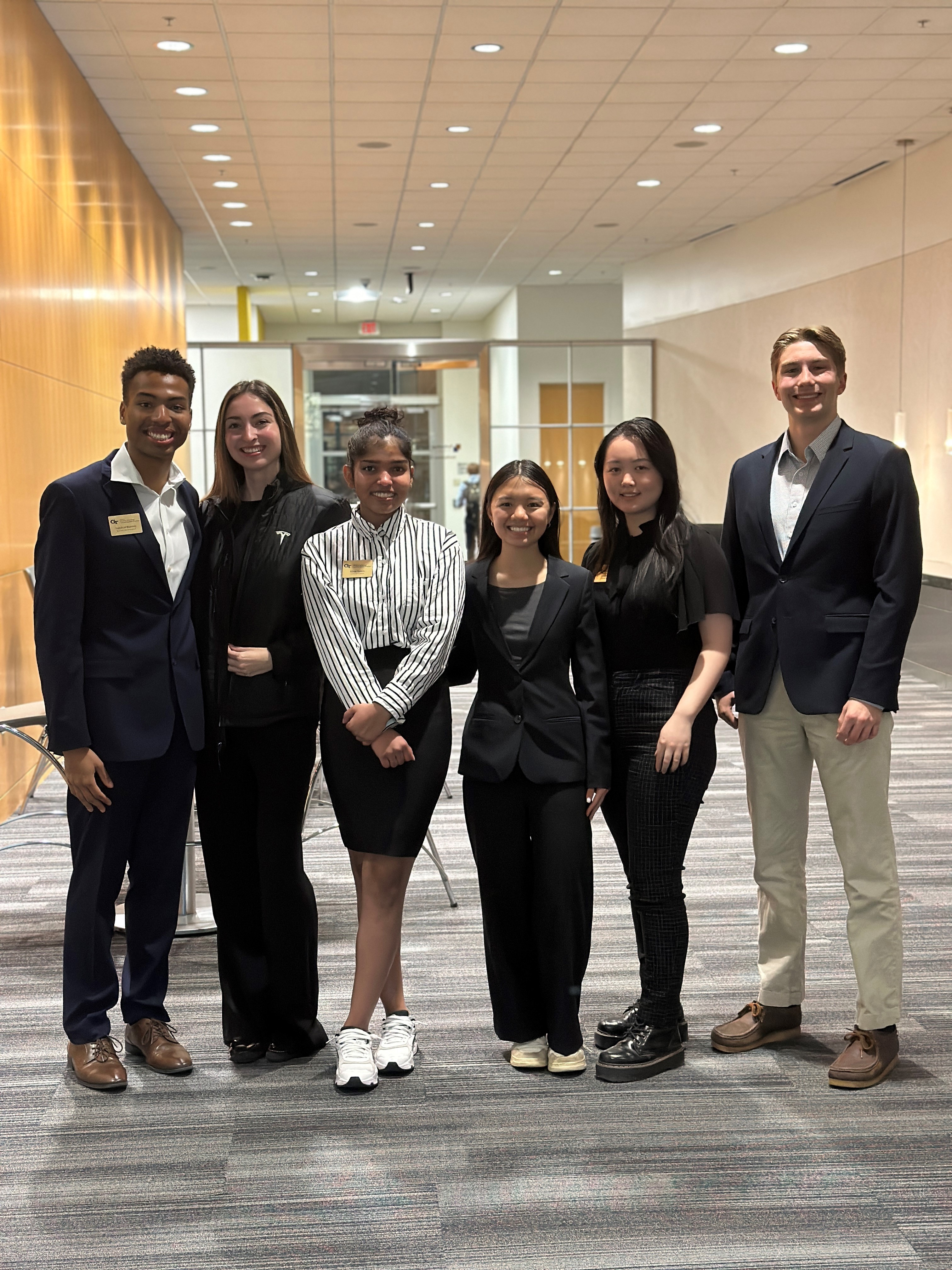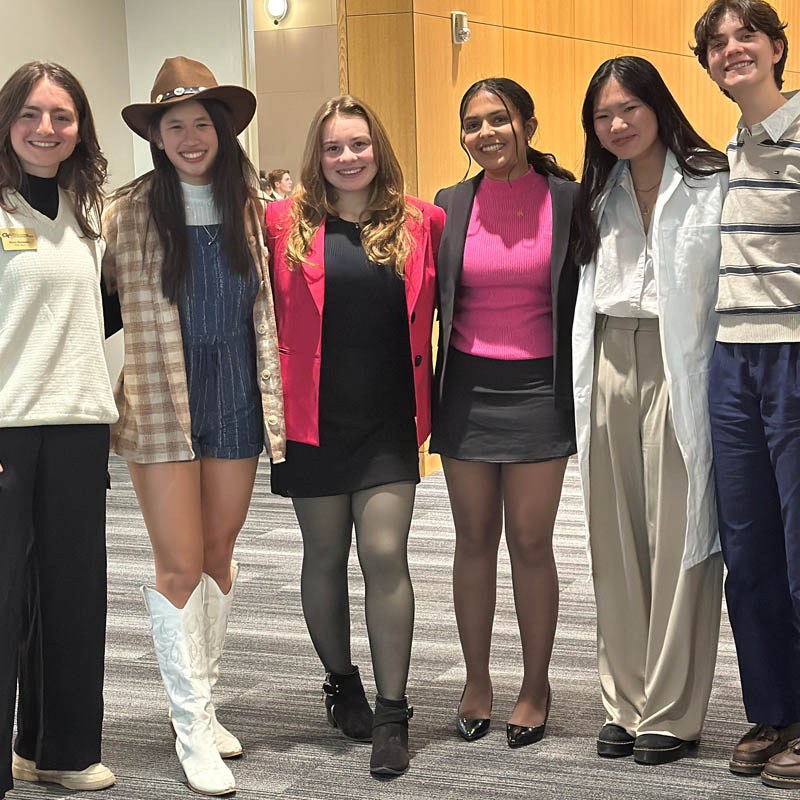The United Nations Sustainable Development Goals (UN SDGs) represent a universal call to action to end poverty, protect the planet, and ensure that all people enjoy peace and prosperity by 2030. These goals are ambitious in scope, yet through concerted efforts, organizations like Georgia Tech are turning them into actionable objectives. The Institute actively contributes to the SDGs by engaging in dialogues with educational peers nationally and globally, initiating programs that raise consciousness, and nurturing these objectives through the Institute’s Sustainability Next Plan. This plan is “a comprehensive collaboration among units and leaders across campus to address and advance the full range of the United Nations Sustainable Development Goals,” as noted by Georgia Tech President Ángel Cabrera. The Undergraduate Sustainability Education Committee, the Center for Teaching and Learning (CTL), and the Center for Sustainable Communities Research and Education (SCoRE) support Georgia Tech faculty interested in bringing sustainability and SDG teaching into their courses. Within the Scheller College of Business, there is an ongoing commitment from both students and faculty to weave the tangible advantages of supporting these goals into the educational experience.
Eric Overby, Catherine and Edwin Wahlen Professor of Information Technology Management at Scheller, created a hands-on approach to introducing SDGs to first-year Denning Scholars in the fall semester by challenging them to think about how they would approach fulfilling one of the SDGs in his “Analysis of Emerging Technologies” course.
Overby asked student teams to focus on an SDG, and once the students had selected one of the goals, they conducted an analysis and recorded a podcast of their findings. From there, Overby chose three teams to present their projects to a panel of judges.
John Stanford, senior manager of Industry Engagement and Student Counseling with the Steven A. Denning Technology and Management Program (T&M), collaborated with the T&M Program’s corporate partners to assemble a panel of judges. The panel for this year’s event comprised Rohit Sinha from SmartPM, and Mary Kathryn Radivoj, Elizabeth McConnell, and Lindsey Nicholas from risk3sixty. Moreover, Karthik Ramachandran, the Dunn Family Professor of Operations Management, integrated a practical learning experience for his “Managing Product, Service, and Technology Development” class by having his students attend and observe the reports.
At the symposium, students took the audience on a visionary journey to 2033, where the podcast participants recounted the progress made in achieving specific SDGs. The finalist teams explored themes such as the ramifications of deforestation in Brazil and its worldwide implications (SDG No. 15 - Life on Land), strategies for reducing carbon emissions in domestic commercial aviation (SDG No. 7 - Affordable and Clean Energy), and more local endeavors to enhance sustainable ground and rail transportation in Atlanta (SDG No. 11 - Sustainable Cities and Communities).
The “Best Presentation” award was given to Krissy Bhargava (IT management), Analysse Humaran (mechanical engineering), Grace Langan (economics), Meri Mazurik (IT management), Mary Romano (public policy), and Elizabeth Yu (strategy & innovation) for their “Deforestation in Brazil” project.
T&M Program students voted on the presentations to choose the “People’s Choice” award. The winning team members were Landon Barrett (IT management), Emily Cory (industrial engineering), Sarah Duong (industrial design), Rhea Jaxon (computer science), Cynthia Li (industrial design), and Connor Soncrant (mechanical engineering) for their project, “Sustainable Transportation in Atlanta.”

“Through this project, I learned a lot. I live in Atlanta, but I didn’t know anything about the MARTA system, why it hadn’t had a lot of use, and why I hadn’t used it myself. This project helped me learn a lot about our transportation system and the history associated,” Barrett explained.
“We learned a lot about predicting what will happen in the next ten years by looking at the past and trying to use the information of what the trends have been around in the industry. We created a cone of uncertainty to see what all the possibilities that could play out in the next ten years could be, and then from that, we used our intuition and understanding to determine what we thought was the most probable outcome,” said Tushar Bansal, a team member on the sustainable commercial air travel project.
Learn more about Georgia Tech’s Sustainability Next Plan and participate in the Office of Sustainability’s SDG Action and Awareness Week in March.
Written by Suhas Yalamarti, T&M Program Class of 2024, and Ray C. Anderson Center for Sustainable Business student assistant.
